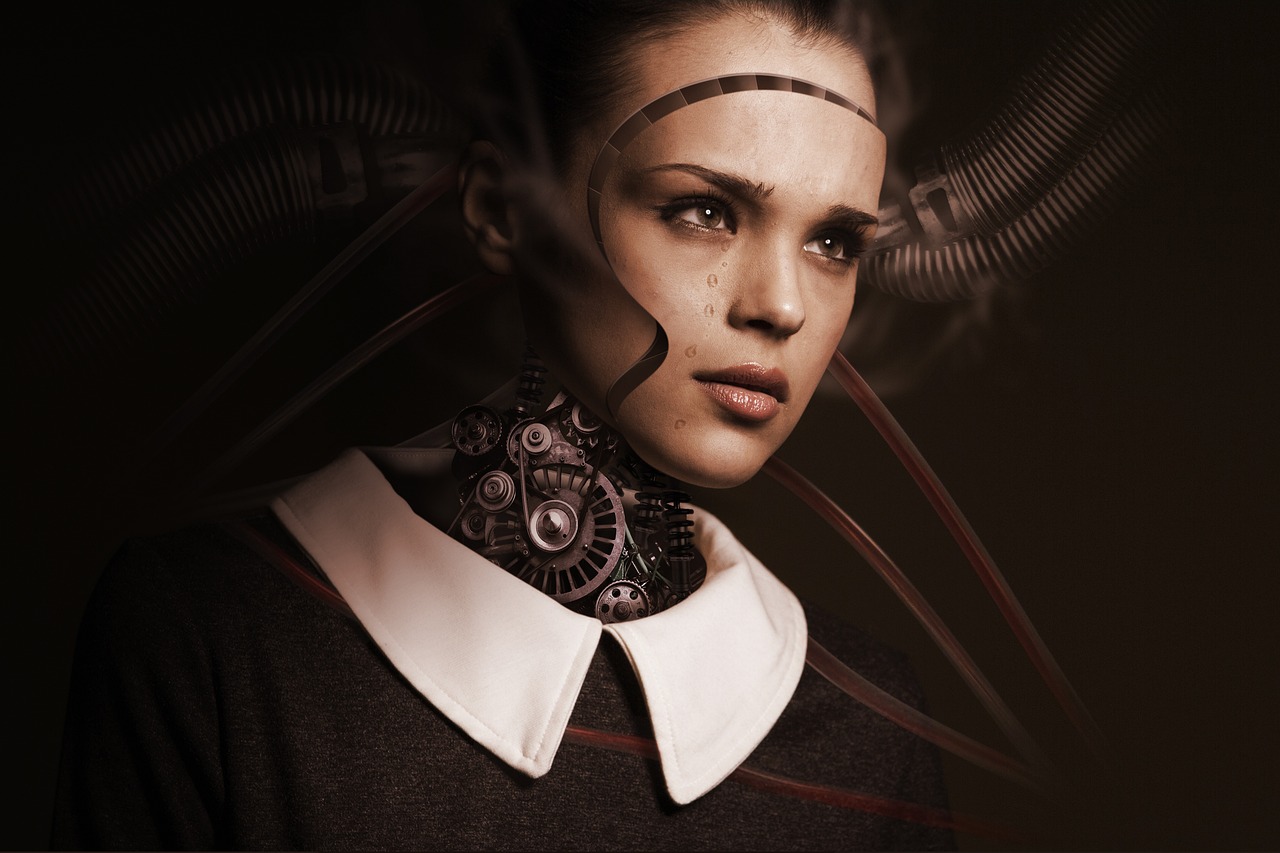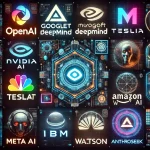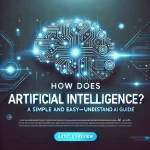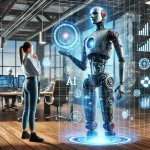Introduction
Smart technology is evolving rapidly, transforming industries, homes, and everyday life. By 2025, artificial intelligence (AI), the Internet of Things (IoT), and automation will drive the next wave of innovation. These technologies will enhance efficiency, improve convenience, and create new opportunities. In this article, we explore the key trends shaping smart technology in 2025 and their impact on society.
1. AI-Powered Automation
Artificial intelligence continues to revolutionize industries, enabling machines to perform complex tasks with minimal human intervention.
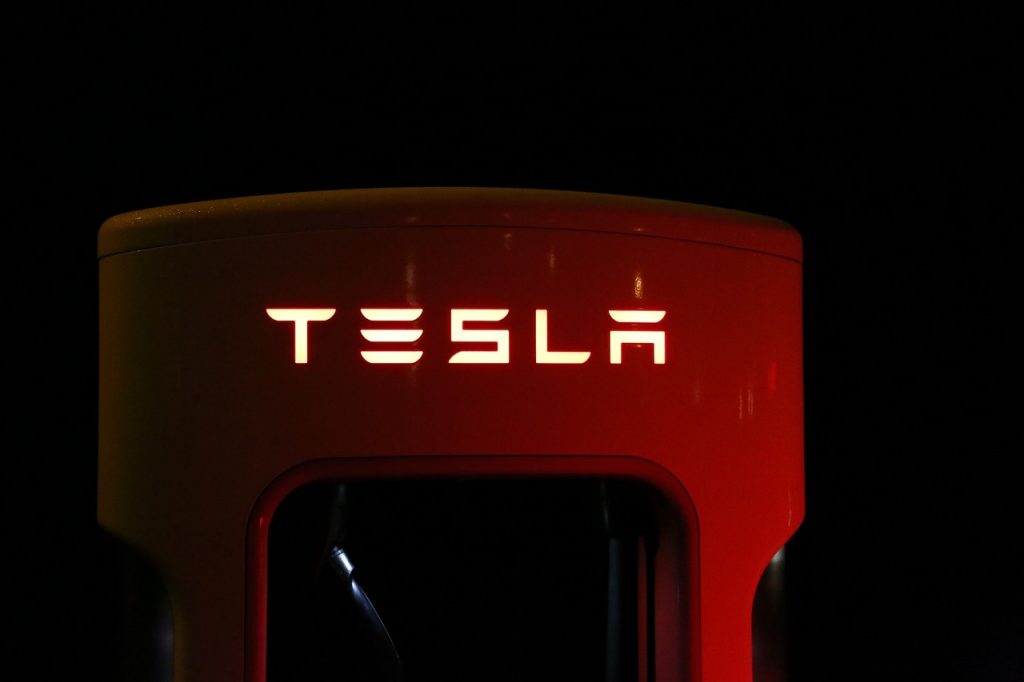
Key Developments:
- Autonomous Vehicles: Self-driving cars will become more common, with AI improving navigation, safety, and efficiency.
- AI in Healthcare: Advanced AI models will assist doctors in diagnostics, treatment recommendations, and drug discovery.
- Smart Assistants: AI-powered virtual assistants will provide more personalized and context-aware interactions.
🔗 External Resource: Harvard AI Research on Automation
2. The Expansion of IoT and Smart Homes
IoT technology is connecting billions of devices, creating smart homes, cities, and industries. By 2025, the IoT ecosystem will be more integrated and efficient.
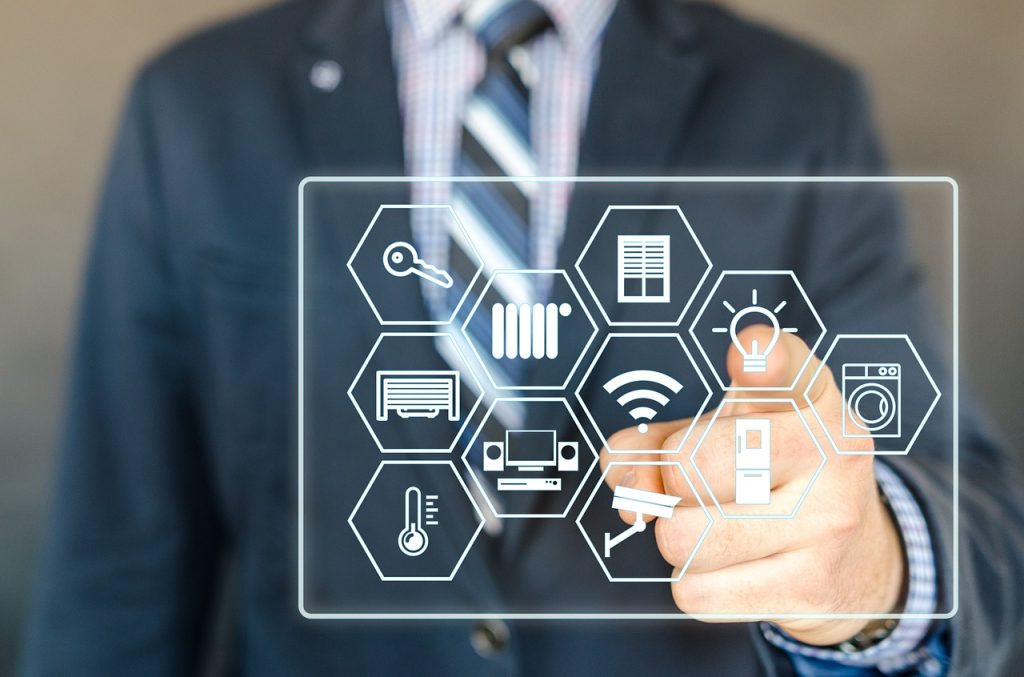
Key Developments:
- Smart Home Devices: AI-enabled thermostats, security systems, and appliances will enhance convenience and security.
- Industrial IoT (IIoT): Factories and supply chains will use IoT for predictive maintenance and real-time analytics.
- 5G and IoT Synergy: Faster networks will enable seamless IoT connectivity, improving automation and responsiveness.
🔗 External Resource: MIT IoT Future Insights
3. Robotics and Automation in the Workplace
Automation will redefine job roles, increasing efficiency while also requiring workforce adaptation.
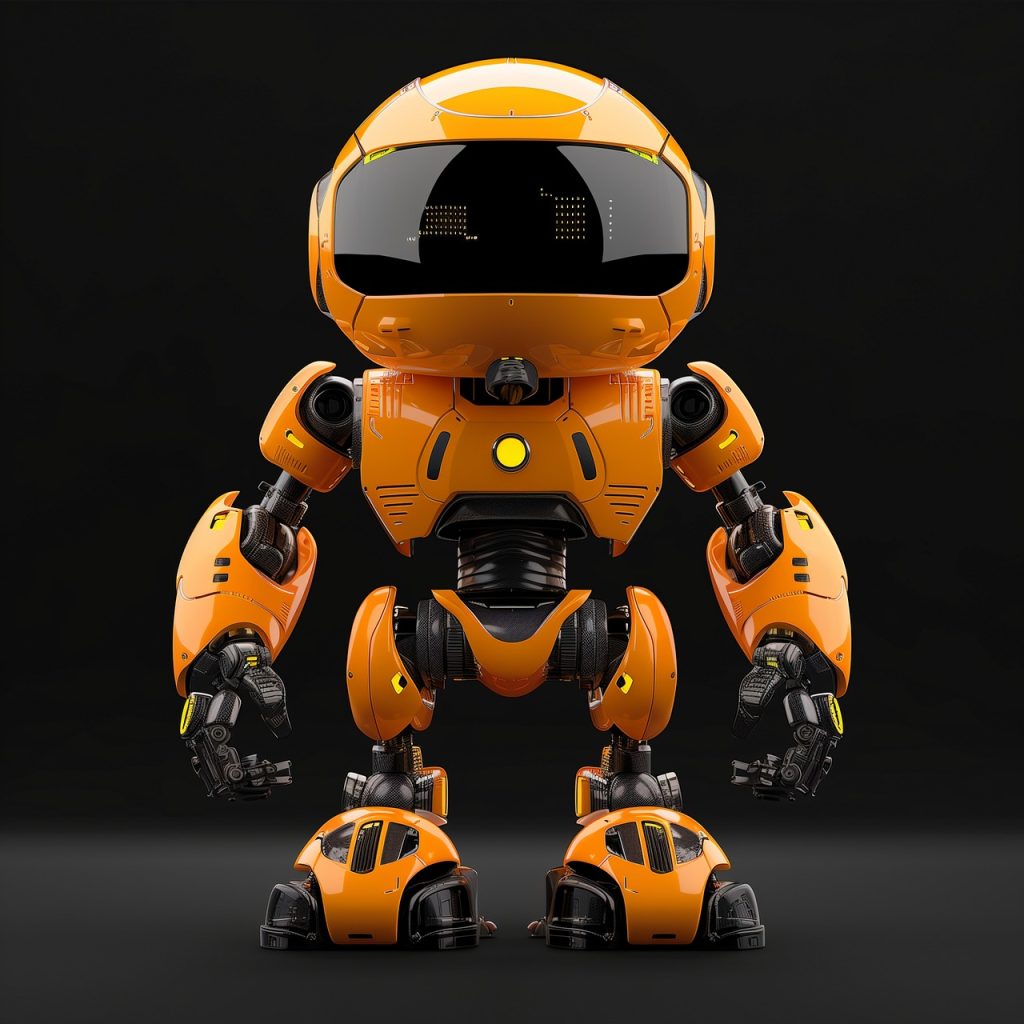
Key Developments:
- AI in Customer Service: Chatbots and virtual assistants will handle a significant portion of customer interactions.
- Warehouse & Manufacturing Automation: Robots will handle logistics, reducing costs and improving efficiency.
- AI in Financial Services: Robo-advisors and algorithmic trading will reshape investment strategies.
🔗 External Resource: World Economic Forum on Future Jobs
4. Ethical Concerns and Cybersecurity Challenges
As smart technology advances, ethical and security concerns must be addressed.
Key Challenges:
- Data Privacy: AI and IoT devices collect vast amounts of data, raising concerns about misuse.
- Cybersecurity Threats: As automation increases, so do cyber risks targeting smart systems.
- AI Bias and Ethics: Ensuring AI systems are fair, unbiased, and transparent remains a priority.
🔗 External Resource: Cybersecurity & AI Ethics – Stanford
Conclusion
By 2025, Smart Technology in 2025—driven by AI, IoT, and automation—will significantly reshape industries and everyday life, improving efficiency, security, and convenience. However, challenges such as cybersecurity risks, ethical AI concerns, and IoT data privacy must be addressed. To thrive in this rapidly evolving landscape, businesses and individuals must stay informed and adapt to the advancements in Smart Technology in 2025.
